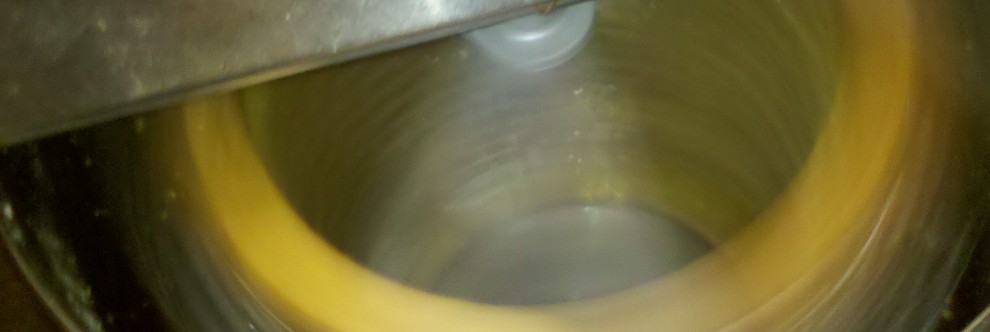My single biggest success factor in winter survival was insulating my outer covers with 3/4 inch rigid insulation. Went from 3/1 survival rate to 5/5 using this method. The survey asks questions that make it look as though I lost colonies when in fact I combined colonies, and rescued gas tank colonies over winter. Additionally, I had a queen fail after repeated splits/swarms. I had laying workers in a hive that I was able to make queen right by introducing a collected swarm. Although it was my hives that were swarming. More aggressive swarm management and less feeding in preparation for nectar flow are my plans to fix it this year.
RESPONSE: I am concerned that our survey overestimates losses (as you suggest). I want it to be a fair representation of what is going on. It is normal beekeeping management to unite and consolidate. I appreciate your comment – we will need to see what we can do so such management does not mean they are losses and losses become exaggerated. In most instances beekeepers are combining before Oct (our fall point) and not doing such management between Oct and April so we I ask how many colonies did you have in the fall and how many in the spring the combining, consolidating is not a factor. It is not immediately evident to all beekeepers that their management of feeding MAY lead to more serious problems with swarming – and certainly more aggressive swarm control can help reduce (but not eliminate entirely) the swarming incidence. It is a worthwhile goal for the next season – good luck with it.
